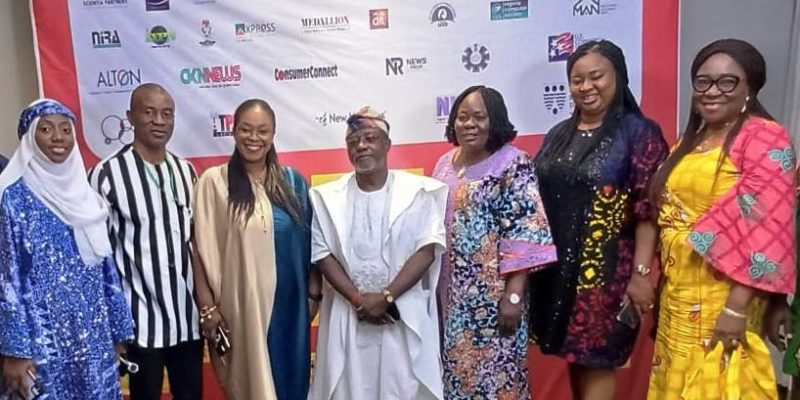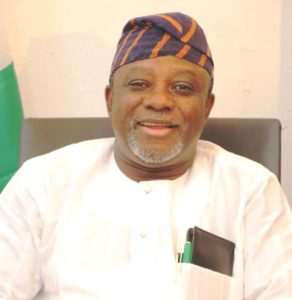By Otunba Biodun Ajiboye, Executive Secretary/CEO, NICO
In an era where digital technology and globalization are reshaping societies around the globe, Nigeria finds itself at a critical crossroads. The question that looms large is whether globalization, driven by digital technology, is undermining our cultural heritage by encouraging the adoption of foreign cultures that may not align with our values.
RELATED: Nigeria emphasizes cultural values and digital integration on World Culture Day
The transformation of our value systems and languages in Nigeria has been significantly influenced by globalization, a process that began with British colonialism. Unlike countries such as India, which resisted the imposition of foreign cultures and celebrated their own, many Nigerian societies under British rule gradually erased their cultural identities, embracing foreign ones that are difficult to reconcile with our authentic cultural heritage.
Our legal system, for instance, is a reflection of this colonial legacy. The laws we abide by are rooted in British norms, not reflective of our indigenous cultures. This has resulted in a diminished focus on our cultural heritage, as we are guided by foreign laws that impact our cultural and socio-economic evolution.
Our complex history has shaped our entry into the digital age
This complex history has also shaped our entry into the digital age. Without a clear template to leverage digital technology for our development, we face the challenge of creating local content that serves our diverse population of over 220 million people, rich in culture and languages.
We must ask ourselves: How did countries like China and India and even Japan, who were also colonized or conquered, manage to lead the technological revolution without losing their cultural identities? The answer lies in their ability to resist cultural imperialism and integrate technology with their cultural values.
Our resilience in fostering unique cultural values will drive the innovation of digital solutions tailored to our challenges in Nigeria
In Nigeria, we are at the mercy of globalization’s forces, but we must recognize that culture is dynamic. While globalization will continue to influence our cultural structures, we must resist the temptation to discard our cultural values. We need to engage with globalization and the digital economy as opportunities to reprioritize and revitalize our cultural heritage.
It is true that the globalization of culture contributes to the exchange and convergence of cultural values, but we must ensure that our unique identity is not erased in the process. A cultural globalization that diminishes our identity reduces us to mere consumers of foreign cultures.
Our original cultural values must guide the future of content creation
To counter this, we must consciously revive our original cultural values, ensuring that they define our institutions and guide the future of content creation in Nigeria. Digital technology should be harnessed to enhance our cultural development and preservation, promoting innovation that aligns with our traditions and practices.
Otunba-Biodun-Ajiboye: We must engage corporate entities and established players to invest in advancing our cultures through technology
We must engage corporate entities and established players to invest in advancing our cultures through technology. As demonstrated by China and India, technology is not separate from culture; rather, culture encompasses technology and other elements that define a society.
Our resilience in fostering unique cultural values will drive the innovation of digital solutions tailored to our challenges in Nigeria. While technology reshapes our worldview, we must also reshape technology to reflect our identity and contribute meaningfully to the global digital space.
NICO’s mission includes exploring connections between culture and technology
At NICO, our mission includes exploring the connections between culture and technology. We are committed to developing technological content within the context of our diverse cultures, paving the way for socio-economic growth across sectors.
Embracing globalization and digital technology does not mean abandoning our cultural values. On the contrary, it means reworking our engagement with globalization and using technology to advance our cultural heritage.
In conclusion, the relevance of digital technology in promoting our cultures and building legacy institutions for future generations cannot be overstated. By finding the nexus between digital innovation and our rich cultural heritage, we can accelerate our collective prosperity and contribute to the global cultural and digital landscape.
A keynote address by Otunba Biodun Ajiboye, Executive Secretary/CEO, National Institute for Cultural Orientation (NICO) at the Future Summit/Awards 2024, Lagos.






























